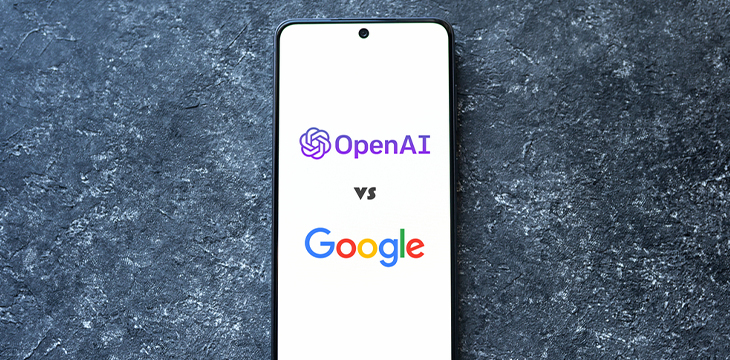|
Getting your Trinity Audio player ready...
|
OpenAI has announced plans to roll out an artificial intelligence (AI)-based search engine that will allow users to search for information in the same manner as talking to ChatGPT.
Dubbed SearchGPT, OpenAI says the new offering will provide users with “fast and timely” responses to queries in the same manner as ChatGPT but go the extra mile. According to a company blog post, SearchGPT will also provide users with sources in the form of websites akin to Google Search (NASDAQ: GOOGL).
Users of the new offering can make their queries using natural language with SearchGPT filtering out responses with “clear and relevant” sources. Clients can ask follow-up questions to narrow down and improve the quality of responses, a feat that the company says will be handy for users.
“Getting answers on the web can take a lot of effort, often requiring multiple attempts to get relevant results,” read the post. “We believe that by enhancing the conversational capabilities of our models with real-time information from the web, finding what you’re looking for can be faster and easier.”
Described as a prototype, SearchGPT is being tested by a small pool of selected users and publishers. It is unclear when OpenAI will release the offering commercially. The company says it intends to integrate the most promising features of SearchGPT into ChatGPT in the coming months.
An integration of this sort is expected to improve the chatbot’s functionality, offering users real-time information from the web with sources included in the responses.
Keen to avoid the copyright issues that rocked the company in 2023, OpenAI is proceeding cautiously with SearchGPT, clarifying that the new offering is distinct from ChatGPT. Executives at News Corp (NASDAQ: NWSA) and The Atlantic have indicated support for SearchGPT, noting that OpenAI’s decision to incorporate publishers in the testing process is a step in the right direction.
“Importantly, SearchGPT is about search and is separate from training OpenAI’s generative AI foundation models,” said OpenAI. “Sites can be surfaced in search results even if they opt out of generative AI training.”
Google in the crosshairs
For years, Google has dominated the search engine space, but several analysts opine that if OpenAI rolls out SearchGPT as a standalone project, it could significantly affect the Alphabet’s subsidiary’s market share.
With the search engine giant wading into AI following the release of Gemini, pundits are interpreting SeachGPT as an attempt to shake up the ecosystem. Google has also experimented with AI-based search since the start of the year, garnering mixed reactions from consumers over the accuracy of responses.
Publishers have expressed fears that combining emerging technologies like AI and search engines may affect their profitability, but both Google and OpenAI argue otherwise.
In order for artificial intelligence (AI) to work right within the law and thrive in the face of growing challenges, it needs to integrate an enterprise blockchain system that ensures data input quality and ownership—allowing it to keep data safe while also guaranteeing the immutability of data. Check out CoinGeek’s coverage on this emerging tech to learn more why Enterprise blockchain will be the backbone of AI.
Watch: Understanding the dynamics of blockchain & AI

 02-19-2026
02-19-2026 




